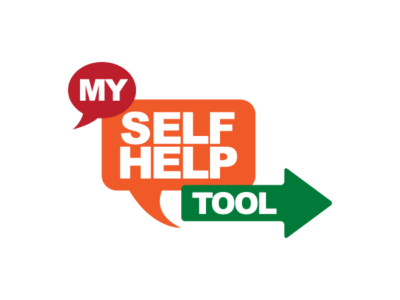King’s College London Case Study: My Self Help Tool Offers Innovative Support for Young People at Risk of Self-Harm

Annalisa, Branding, Decision Analysis, Elicia, KCL, Multi Criteria Decision Analysis, Randomised Controlled Trial, Research, Self-Harm, Technical Partner
A ‘smart’ breakthrough in the treatment of young people who self harm could be on the horizon!
The My Self Help tool, developed by Camden-based tech firm Maldaba in close liaison with King’s College London, University of Bristol, the London School of Hygiene & Tropical Medicine and NSPCC, is a web-based application that supports decision-making for young people who self harm.
The tool is currently forming a pivotal part of a trial being conducted by a research consortium that is looking at how key decisions about help-seeking by young people who self harm can become more informed and effective using digital technology.
Self harm most commonly involves self cutting or overdosing. Research suggests that around 10% of young people self harm although the trend for non-disclosure makes that figure hard to verify.
Sarah Rowe, a postdoc researcher at King’s College who’s involved with the trial, commented “By using online decision support tools such as My Self Help we hope we will be able to engage and intervene more effectively in cases of self harm.
“We are currently conducting a pilot study with a view to launching a wider trial with preliminary findings due to be made public later in 2016.
“Our own research also suggested that the internet is increasingly being used as a forum for disclosure however we predict that between a third and a half of people who self harm do not seek any help at all.
“Whilst online, people value their anonymity and the feeling that they will not be judged however therapeutic interventions have, up until now, been missing from the internet,” added Sarah.
The trial involves two pieces of software, developed by Maldaba, working in tandem. The first, Elicia, is a web-based questionnaire builder that gathers research data, calculates inclusion eligibility, randomises participants into either the intervention arm or control arm and allows researchers to monitor inclusion and randomization during the trial.
The second piece of software is Annalisa, a web-based multi-criteria decision tool that takes responses from Elicia and combines with existing data to present participants with a personalised decision experience based on what’s important to them at any specific time.
Maldaba co-founder and MD Lorenzo Gordon commented: “This is all about empowering young people who self harm with decision making tools that could aid their rehabilitation.”
